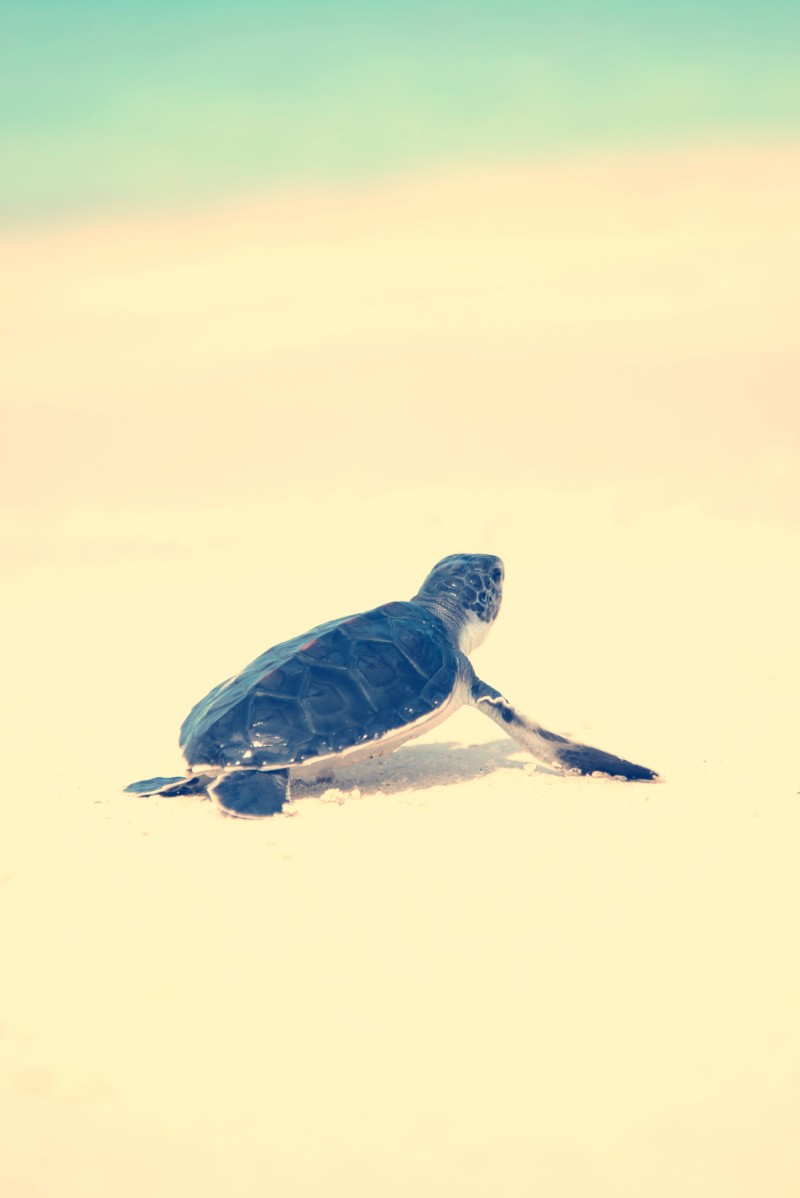On a bar in DC, varnished oak—it was that sort of bar—a man had placed a short glass, no ice—it was that sort of single malt—on a leather coaster—it was… you understand—beside a book; cream, clothbound, small enough to fit in his suit pocket. The book had a turtle in the top right corner; gold, like the title, much too small and fine to decipher,
for someone peering sidelong, all night, intently; nodding vaguely in the other direction, laughing at the right times—she hoped; straining, leaning over so precariously she almost fell off her stool.
Then did.
The unknown gentleman, being one, did not appear to notice. He sat alone and in silence and by that too, did not seem bothered. From time to time he opened the book, read a few lines, closed it. Another whiskey, then a shot of Bailey’s Irish Cream, then the check. He settled and left, and left the book behind. Then, the bartender said:
“Miss, the man who was sitting here said you should have this.”
On a bar in DC, a book of haiku. No name, no note, no reason.
A haiku is a Japanese short poem written in three lines, composed of seventeen syllables; five, seven, five (in English, those matter less) usually about a season, an animal, a flower… a bite of cookie, a puddle, the sound of a gulp of water. A blue, a breeze. A form so simple it is taught in schools to children: Just three short lines,
but any three lines do not become haiku. Something has to happen.
Somewhere between two lines, two words, there has to be a moment, “where the poet makes a large leap and the reader’s mind must catch up.”
The poet notices something; glimpses, in a flash, eternity, in a chink of light, suddenly, in a mirror, at just the right angle. The ray is reflected, sparkles, iridescent, splashes the room with gold,
then the light changes. The haiku ends; the poet saw it. “This creates a small sensation of space […] which is nothing less than God.”
God, the universe… Life gorges with seasons, flowers, animals, colours of light, constellated freckles on faces, drops of water, scents, but a good poet may capture five. A master; ten. As for the rest of us,
some read scripture. Some read poems. Some write themselves into books, “into letters and initials, immortalize each other, plastinate each other, submerge each other in formaldehyde phrases and pages,”
some know the most sublime experiences are in the spaces of ellipses.
Ten years ago, someone left a book of haiku on a bar, and nothing else. A plotless story with a nameless protagonist. “When you do something you should burn yourself completely, like a good bonfire, leaving no trace.” Turtles sweep the sand with their tails as they creep along, wiping out their footprints.
